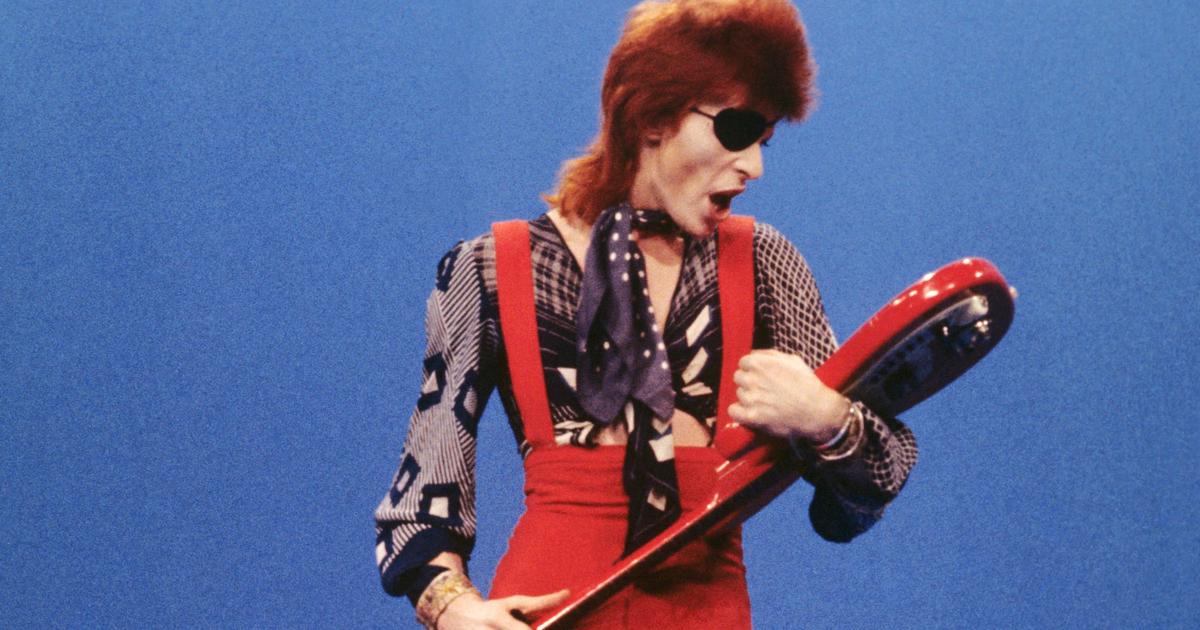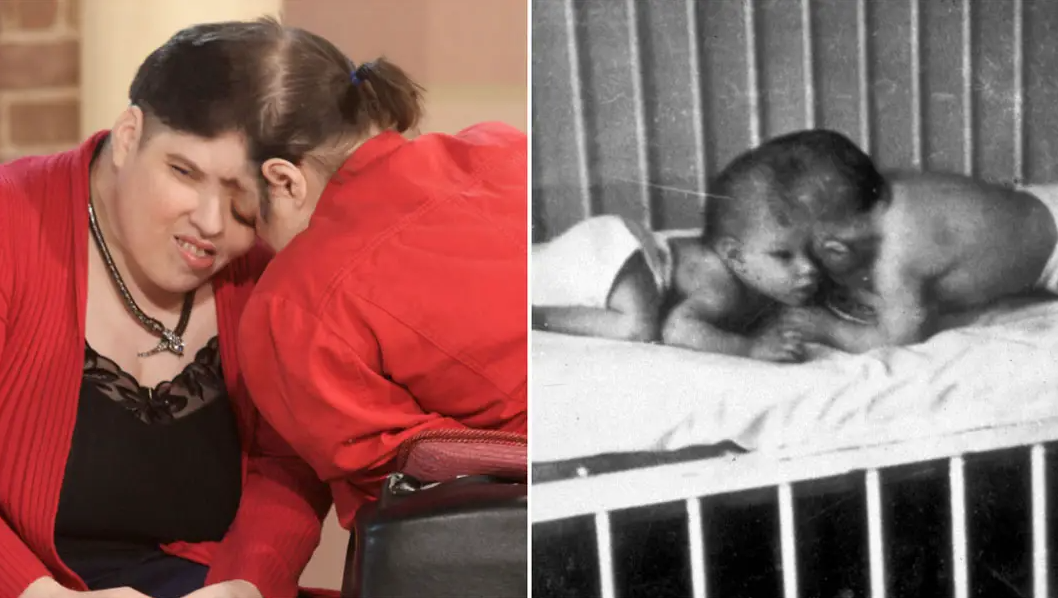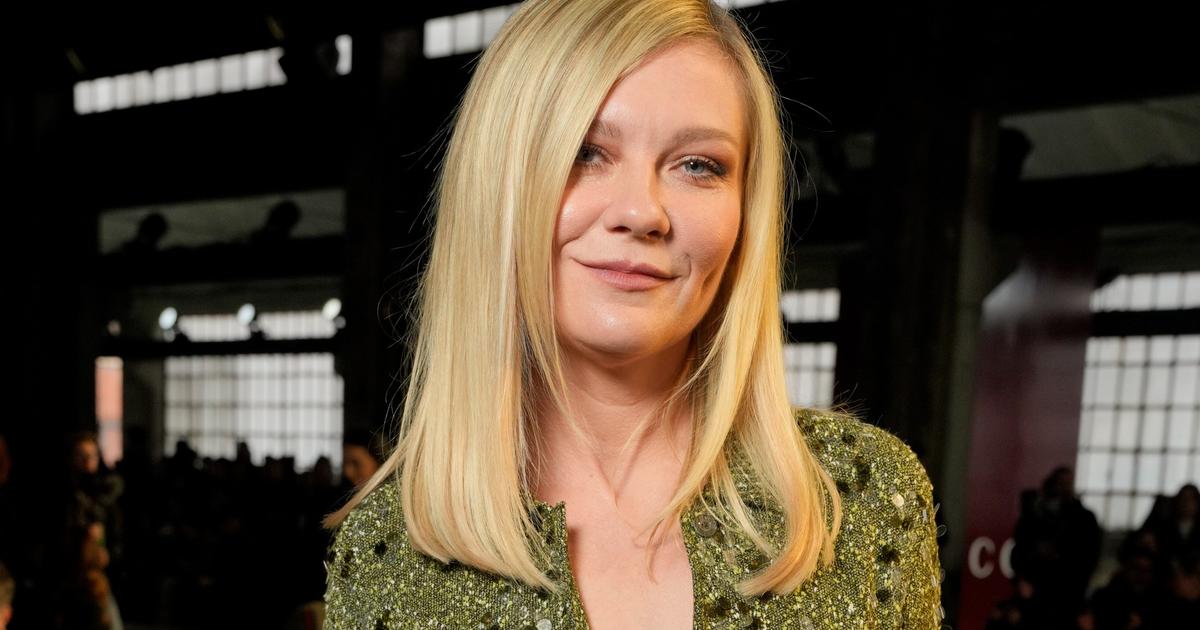A frame from the film '1984', by Michael Radford, based on George Orwell's novel of the same name.
At the end of October, speaking about Ukraine, President Vladimir Putin noted: "The special military operation takes place not only on the battlefields, but also in the minds of the people, in their souls."
That same week it was discovered that the Chinese government had set up "police stations" in some twenty countries to monitor their citizens beyond their borders.
And in those days Amazon presented an update to Astro, its domestic robot, about which there were complaints because, according to one user, "its sharp system for tracking a person was almost creepy."
Every decade, every year and every week things happen that take us to
1984
, George Orwell's novel-world.
The power of it is such that concepts like Big Brother or the Thought Police are in the heads of millions of people who have not read the book.
Beyond the news, this autumn there is also an
Orwellian
air in bookstores, where we can find a new edition of the novel (Akal), a comic based on it (Planeta) or a biography on the origin, development and impact of the book, written by journalist Dorian Lynskey and entitled
The Ministry of Truth.
A 1984 biography of George Orwell
(Captain Swing).
More information
Nine disturbing things that were already in Orwell's '1984' and now you have in your house
1984
is perceived as a dystopia, a prophecy, a satire, a political thesis, a science fiction, suspense or psychological horror novel, a gothic nightmare, a postmodern text and a love story.
It is also one of the most famous works of fiction in the world, and Lynskey shows that Orwell's experience in the Spanish Civil War was the driving force behind his creation.
Spain, ground zero
"History stopped dead in 1936," Orwell would tell his friend Arthur Koestler, author of
Zero and Infinity
, referring to the moment of the advent of totalitarianism in Europe.
And it was at that moment, "when the story stopped, when the idea of
1984
started," according to Lynskey.
Spain would be the great break in Orwell's life.
Ground zero of him.
The novel takes place in London, but the embryo of him is in the Civil War.
More exactly, in the streets of Barcelona.
"Orwell arrived in Spain full of revolutionary optimism", but after the months he spent on the Aragon front, "the atmosphere of terror that he later experienced in Barcelona in May 1937 is what he later reflected in
1984
", explains the author. by videoconference.
In those days, the communists, under orders from the Kremlin, revolted against their former anarchist allies.
There were five days of infamy and violence that left a thousand dead, an event that Orwell witnessed firsthand for fighting in the ranks of the POUM (Workers' Party of Marxist Unification), a dissident grouping of Stalinism.
In those frenetic hours he lived through the shadow of suspicion in every greeting, he knew the persecution and murder of his companions and he understood that his life and that of his wife, Eileen O'Shaughnessy —also present in the city— They were in danger.
The English couple was lucky: they were able to flee Barcelona and survive the repression, but they never forgot it.
George Orwell, in the background on the left, among the POUM militiamen in the Lenin barracks in Barcelona.
The spark jumped on May 3, when the assault guards, sent by the communists, seized the Telefónica building, controlled by the anarchists.
Nearby, on the Ramblas, was the Continental Hotel, a nest of fighters, journalists, hustlers, and spies.
And it was in that hotel that Orwell heard how an agent of Stalin's secret police nicknamed Charlie Chan "reported" that the outbreak of violence came from a coup by anarchists against the Republic and to help Franco's troops.
paranoia and conspiracy
“I have never seen anyone whose profession was telling lies,” Orwell wrote in
Homage to Catalonia
.
The tensions between different political groups did not surprise him, says Lynskey, but the organized administration of lies did, such as that the communists had managed to "dismantle" a network of traitorous anarchists who communicated with the fascists through secret radio stations and messages. in invisible ink to assassinate Republican leaders.
During the communist purge, Barcelona experienced a climate of nightmare and became "a madhouse", according to Orwell.
A place where paranoia, slander and rumors created an environment so poisonous that even those not in on the schemes saw themselves as conspirators.
"Hate of fascism had brought Orwell to Spain, but the cruelty and lack of honesty of the communists had an impact on him," reflects Lynskey, who relates that, depending on the moment, for the author of
Animal Farm
his experience in Spain he found it “exciting, boring, inspiring, terrifying, or eye-opening.”
For Orwell, the truth was the most important thing, even if it was inopportune and when he arrived in London he looked for a place to publish what he saw in Barcelona.
That is why he was "betrayed and
shocked
that this possibility was made difficult for him, because editors friends of his claimed that explaining these events, even if they were true, could favor Franco's troops and fascism," says Lynskey
.
All Orwellian
writing
emphasizes the value of what has been lived and, therefore, the verification of the political lie in Spain and the concealment of the truth in the United Kingdom changed their perception of reality, a dark pairing that became a seed of inspiration.
"Every line that I have written seriously since 1936 I have created, directly or indirectly, against totalitarianism and for democratic socialism," Orwell confessed in 1946 in his essay
Why I Write,
shortly before setting to work on the novel.
The British writer and journalist George Orwell in a 1941 radio broadcast on the BBC.
Then, on the island of Jura, in Scotland, in a house lent by his friend David Astor, a journalist for
The Observer
, smoking like a carter and weakened by bronchitis that led to tuberculosis—with a pistol in hand, convinced that some member of the of the English Communist Party could go as far as assassinating him—George Orwell wrote
1984
, which was published in 1949.
The fear Code
Beyond the Spanish germ and its final writing in Scottish lands, the novel
1984
is a cultural icon with almost infinite ramifications, "an apocalyptic code of our worst fears", according to Anthony Burgess, author of
A Clockwork Orange
, a novel indebted to Orwell's masterpiece.
“It is a book we turn to when reality is mutilated, language is distorted or power is abused.
That's why it works in any weather,” reflects Lynskey.
In
The Ministry of Truth.
A 1984 biography of George Orwell
, lists successive interpretations of the book: during the long Cold War it was read as an anti-Stalinist work, a novel for which many were imprisoned or executed if they read or distributed it, a literary miracle that made people gasp. political prisoners from Eastern Europe to Western journalists: “How could Orwell know all this?”, how the book could explain so exactly the conditions in which they lived, how they felt, how they were watched.
Lynskey narrates the specific case of Timothy Garton Ash, who on his travels in Eastern Europe encountered many clandestine admirers of Orwell who asked him: "how could he know?"
(Garton recounted this experience in a 2001 Observer piece.)
On this, in the book Lynskey responds: “I knew it because he paid attention.
He observed the behavior of the communists in Spain, listened to all the exiles and read all the books he could”.
In the 1970s it was interpreted as a warning to the resurgence of new fascisms, as occurred in Chile or Argentina, while in the 1980s it became a warning against a new danger: invasive technology.
power and hope
At the end of 1983, the critic George Steiner wrote: "There has not been a single man or a single stroke that has managed to eliminate a year from the calendar of hope", referring to the Orwellian work.
How could it be otherwise, 1984 was born marked by the old novel and did not disappoint.
One of the artifacts that best defined Orwell's dystopia was Apple's Macintosh launch announcement, directed by Ridley Scott.
“Apple is the only force that can guarantee the freedom of the future,” Steve Jobs can be heard saying in a recording before giving way to the video between partners and company workers, preceded by a question from Jobs himself: “Was he right? George Orwell about
1984
?
Several covers of the novel '1984', by George Orwell.
According to the writer and essayist Rebecca Solnit, “it is possible that Apple's 1984 announcement marks the beginning of that fantasy that Silicon Valley is part of the solution and not the problem;
a dissident rebel instead of the new
establishment
”, Lysnkey collects in her book.
Today, like yesterday,
1984
is "a container where anyone can pour their vision of the future", underlines the British journalist.
In these times, Orwell's novel is perceived above all as an allegory about false news and alternative realities promoted by governments such as Donald Trump's, with characters as
Orwellian
as Rudy Giuliani, one of the former president's lawyers, who on a wheel press asserted: "The truth is not true."
“
1984
is a multipurpose book, but it is above all an alarm book, designed to wake us up, because it speaks of the fragility of truth in the face of power”, reflects Lynskey.
We are warned.
Months before he died, in June 1949, George Orwell confessed to his editor Fredric Warburg: “The moral we can draw from this dangerous nightmare is simple.
Don't let it happen.
It's up to you".
Subscribe to continue reading
Read without limits
Keep reading
I'm already a subscriber

/cloudfront-eu-central-1.images.arcpublishing.com/prisa/EDPDN4AAKFPZ5DXIKK5G7XXTEQ.jpg)












/cloudfront-eu-central-1.images.arcpublishing.com/prisa/IGZ7GOCXZ5GUPAQ2HWGK6Z76BU.jpg)